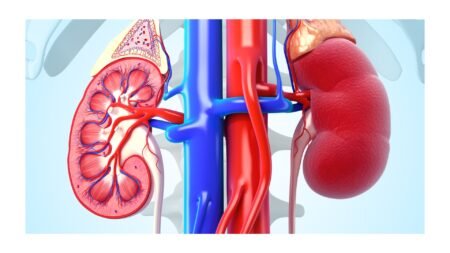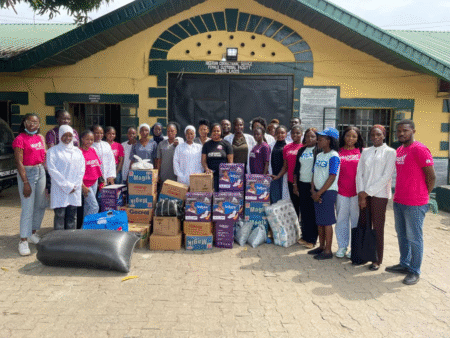The Nigeria Centre for Disease Control and Prevention (NCDC), has said the growing threat of Antimicrobial Resistance (AMR) might claim more than 39 million lives by the year 2050 if not tackled.
The Head of Disease Prevention at NCDC and Chair of Nigeria’s AMR Coordinating Committee, Tochi Okwor, said this in an interview with News Agency of Nigeria (NAN), on Wednesday in Abuja.

Ms Okwor described AMR as one of the biggest challenges facing global health, food systems, and economies today.
She said that AMR is not just a medical issue but a crisis that demands urgent policy, science and leadership responses.
“AMR was linked to about 4.7 million deaths worldwide in 2021, with more than one million directly caused by drug-resistant infections,” she said.
“If left unchecked, AMR could claim up to 39 million lives by 2050, equivalent to nearly three deaths every minute and could cost the global economy almost $1 trillion annually.”
According to her, communities with weaker health systems bore the heaviest burden and without urgent action, common infections could become untreatable, increasing risks of severe outbreaks.
She explained that Nigeria has been building its AMR response for nearly a decade, anchored on the one health approach that integrates human, animal and environmental health.
“Our governance frameworks, surveillance systems and policies are gradually evolving, but the challenge is far from over,” she noted.
Ms Okwor recently completed a Fleming Fund Policy Fellowship hosted by the University of Liverpool.
She said that the experience provided renewed clarity on how to transform AMR data into actionable policies and how stronger engagement with lawmakers could help build legal frameworks for AMR governance in Nigeria.
“The UK experience showed me how scientific evidence is systematically translated into legislation.
“Effective AMR governance must rest on robust legal foundations and that is a pathway we must pursue in Nigeria,” she stressed.
READ ALSO: Lassa fever claims 152 lives in 2025 – NCDC
Highlighting the importance of multi-sectoral collaboration, she observed that Nigeria must move beyond representation to meaningful partnerships at sub-national levels, particularly in integrating animal and environmental health into AMR strategies.
“Nigeria is set to host the 2026 High-Level Ministerial Conference on AMR, positioning the country at the centre of global dialogue on the issue.”
She said that the fellowship has sharpened her strategy for international engagement and would help Nigeria present stronger leadership in the global AMR movement.
“Data without context is powerless. We must build the skills to interpret AMR data and translate it into equitable, actionable policies that protect our citizens and strengthen health security.”
NAN reports that AMR happens when germs like bacteria, viruses and fungi stop responding to medicines, making infections harder to treat.
It leads to longer illnesses, higher medical costs and more deaths. Misuse of antibiotics, overuse in humans and animals and fake or poor-quality drugs fuel the problem.
(NAN)
Read the full article here















